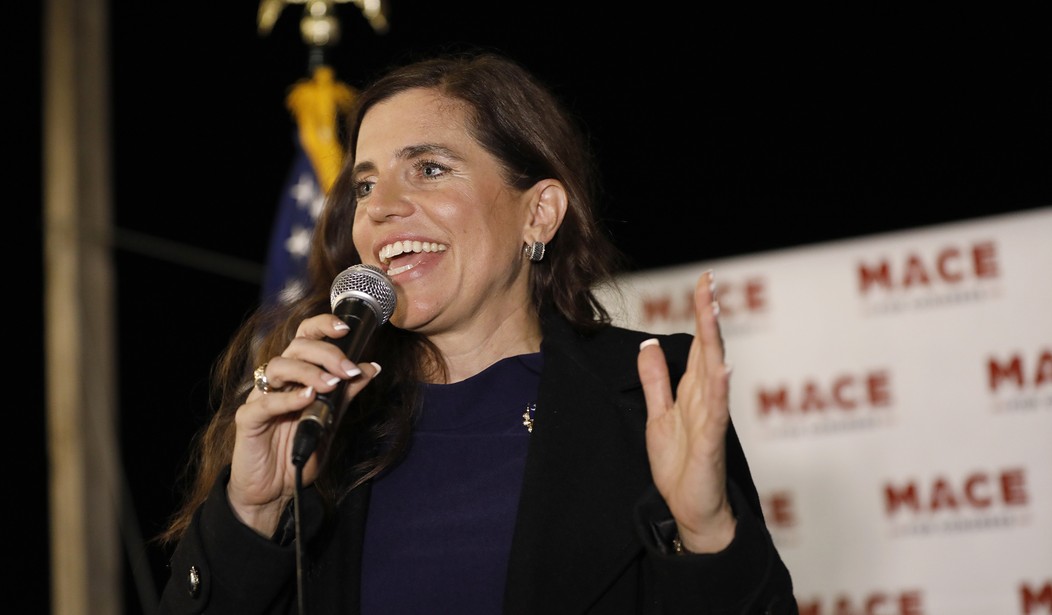For more than forty years, I’ve been wrestling with the issue of abortion. Is it always wrong? Can there be exceptions? The traditional Republican position has always made exceptions to the abortion law for rape and incest. But what about the health of the mother? About 700 women die every year in the United States as a result of complications from pregnancy, and about 20% of those are preventable if the woman aborts her baby.
Yes, abortion is a medical issue as well as a religious one, and most of all, it’s a political issue. The decision on whether or not to get an abortion may be medical or religious, but when or if a woman can get an abortion is all politics.
The repeal of Roe was the right thing to do. But the Dobbs decision has opened the door to radicalism on both sides of the abortion issue, making what should be an intensely personal and private issue a matter of politics.
And as long as we’re going to be deciding the fate of legal abortion in the political arena, it makes sense to search for a middle ground. Otherwise, we’ll be going back and forth on this issue for a hundred years, the pendulum swinging wildly depending on which party is in power.
Related: Minnesota Legislature Passes Barbaric Bill to Legalize Abortions Up Until Birth
Not everyone agrees with that, of course. For many, it’s a matter of faith. But faith and public policy do not mix well, and especially in a politically secular nation like the United States, faith should inform public policy positions — not dictate them.
So far, efforts to find a compromise on public policy relating to abortion have been absent from our political debates — until now. Some anti-abortion Republicans think they can find a consensus on abortion that might be acceptable to a majority of people in both parties.
Rep. Nancy Mace is one of the few congresswomen looking at a compromise position and she thinks she’s found it in initiating an abortion ban at 20 weeks.
“The vast majority of people in my district don’t like what happened after Roe was overturned,” she told “Meet the Press” in January. “They support women’s right to choose, generally. But I have spoken to Republican and Democrat women, and the folks in my district, swing voters, are willing to find some middle ground here. Everyone recognizes abortion up until birth is not something that they want. And at the same time, banning all abortions with zero exceptions isn’t something people support.”
A new Gallup poll confirms Mace’s statements. The survey concluded that 69% of adults in the United States are dissatisfied with abortion policies in the country, and 46% wish abortion laws would be “less strict.”
Mace believes “less strict” means allowing exceptions for abortion as well as a limit on abortions after a certain time period. Some states’ fetal heartbeat bills set the abortion cutoff at six weeks. Other ideas bring “viability” into the conversation by allowing abortions up to 20 weeks.
But there are some restrictions that Mace believes are unacceptable.
“There’s been speculation following Dobbs that there are some in Washington, maybe in my own party, who wish to restrict a woman’s ability to travel to another state,” Mace said in a statement. “It is unacceptable and wrong.”
Mace nonetheless describes herself as “pro-life” and has supported Republican-led legislation in the House, like the Born-Alive Abortion Survivors Protection Act, which was designed to provide medical care to infants who survive an abortion procedure. However, these kinds of situations, experts say, are “exceedingly rare.”
Currently, anyone proposing a “middle-ground” on the abortion issue gets their head bitten off by both sides. And perhaps, the time simply isn’t right to try and reconcile the two sides.
Certainly, the extremists on both sides are now and always will be irreconcilable. But the two-thirds of Americans who don’t hold extreme positions on abortion might eventually come to a meeting of the minds on the issue.
Getting it passed into law anywhere is going to be a challenge.










